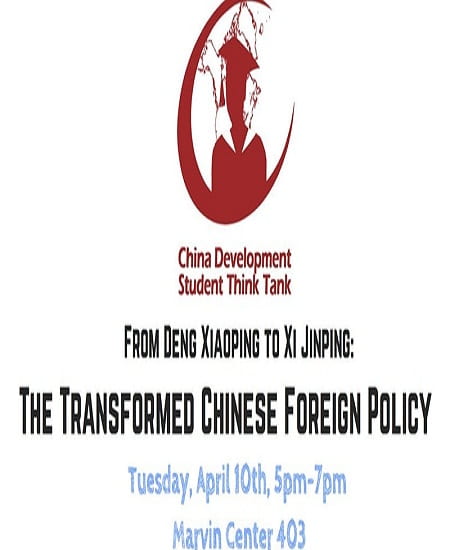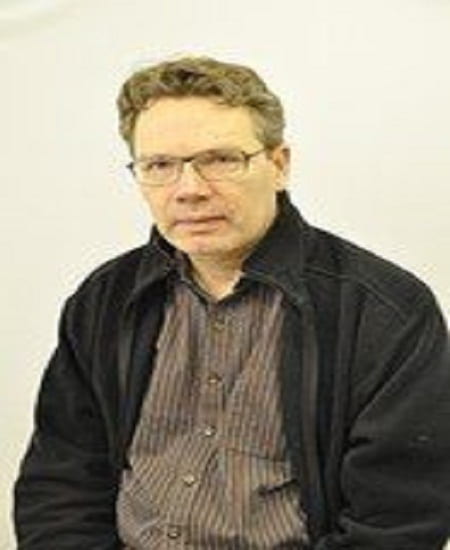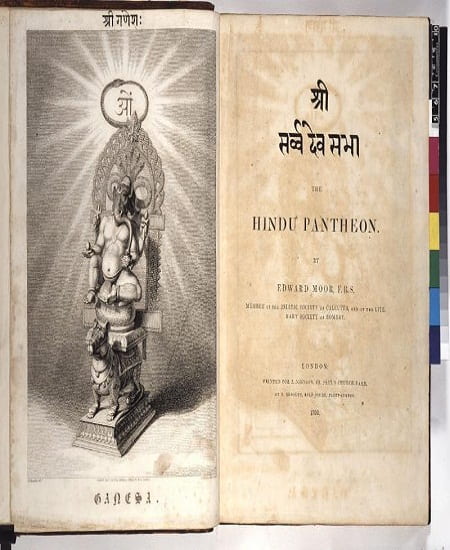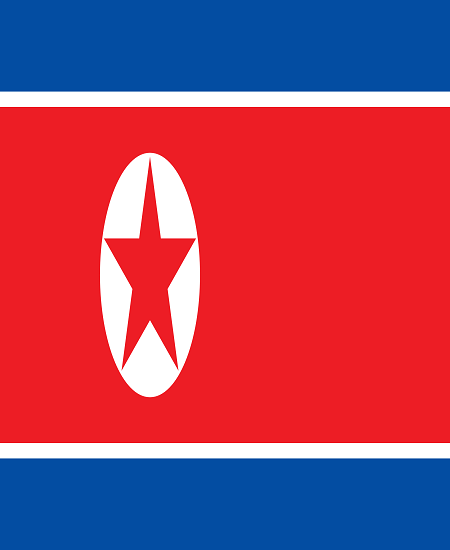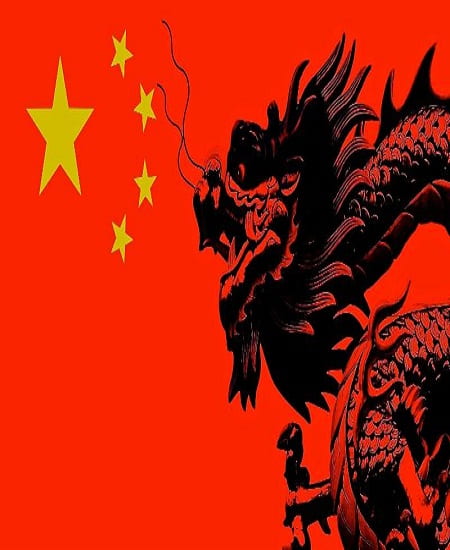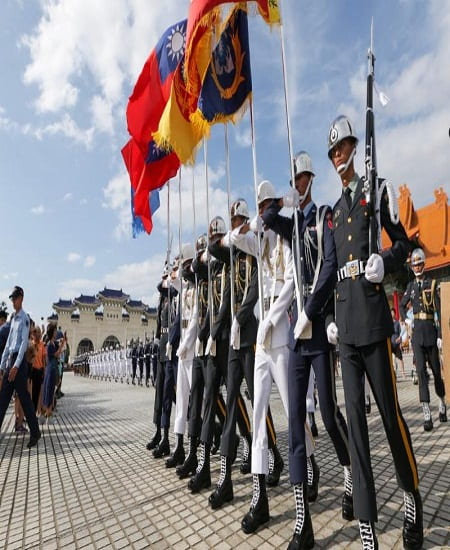Category: Archives & Recordings
Select events will have audio recordings and transcript added to the archived page; the majority of events have audio available only by request to gsigur@gwu.edu.
Please find our 2009-2018 events archive here: https://www2.gwu.edu/~sigur/news/events-archive.htm
From Deng to Xi: The Transformed Chinese Foreign Policy
Audio Recording Part 1 Audio Recording Part 2 Audio Recording Part 3 Audio Recording Part 4
Framing Global Competition in Higher Education: The Shanghai Ranking and its Impact
Audio Recording Part 1 Audio Recording Part 2
04/26/18: Plunder and Pilgrimage: The Making of an Art Market in Western India Around 1800–A Discussion with Dr. Holly Shaffer
Thursday, April 26, 2018 12:30 PM – 1:45 PM The Elliott School of International Affairs Room 505 1957 E St., NW Washington, DC 20052 This event is co-sponsored by the Sigur Center for Asian Studies and the Corcoran School of the Arts & Design In 1810, the British East India Company Major…
Providing Healthcare in North Korea: Issues, Ethics, and Politics
This event is hosted by the Organization for Asian Studies, and co-sponsored by the Sigur Center for Asian Studies.
Don’t Copy that Floppy! Chinese Theft of U.S. Military Technologies
This event is hosted by the Organization of Asian Studies, co-sponsored by the Sigur Center for Asian Studies.


